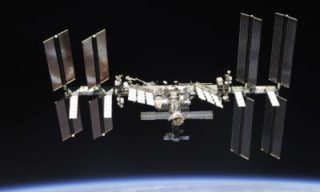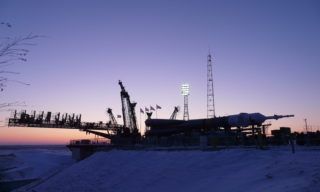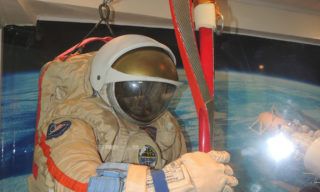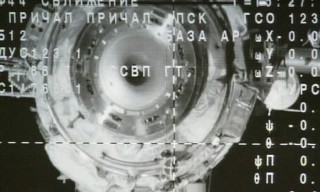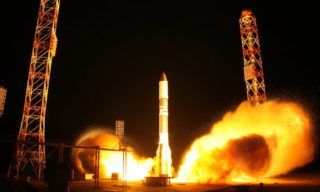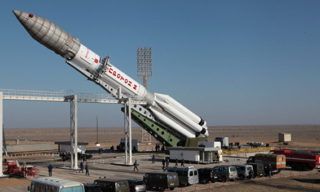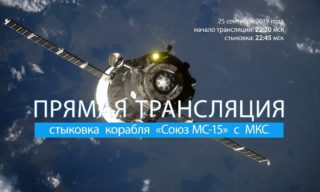On the 1st of August 2014 at 02.42 Moscow time noncombustible parts of Progress M-23M cargo vehicle were sank in the scheduled southern area of the Pacific Ocean.
From 26th of July to 1st of August the vehicle performed the autonomous flight, Radar-Progress experiment was conducted onboard. The experiment referred to the exploration of ground-based observation facilities recording reflectance characteristics of plasma inhomogeneities generated in ionosphere by thrusters.
At 01.51 Moscow time the program installed on the onboard computer by Mission Control Center ignited the spacecraft’s thrusters for deboosting, and after that Progress M-23M started the controlled deorbiting.





